What Animals You Find on the Farm – Drawing Activity Worksheet
Think of rolling fields, warm sun, barns, and the familiar sounds of cows mooing or chickens clucking. Farms are full of animals that do more than just live outdoors—they help us, teach us, and connect us with nature. The “What Animals You Find on the Farm” worksheet gives children space to draw farm animals they know or imagine, letting creativity mix with learning about farm life.
What’s Inside
A partially illustrated farm scene (e.g. barn, perhaps one animal) or background to spark ideas
Blank space to draw additional farm animals (cows, chickens, pigs, sheep, ducks, etc.)
Simple grouping of farm structures (barn, fences) to help frame the drawing
Clean outlines and plenty of room so children can add their own detail, colours, and creativity
Why It’s Useful for Kids / Classrooms / Homeschool
Builds Knowledge of Animals & Their Roles: Children learn to identify different farm animals, and can discuss what each one does or how they live.
Vocabulary Development: Names of animals, sounds they make, where they live, what they eat, etc.
Fine Motor Skills & Observation: Drawing details (ears, tails, feathers) aids motor control; observing animal shapes helps visual perception.
Connection to Nature & Where Food Comes From: Helps children understand farm-to-table ideas, animal care, and basic biology/animal welfare.
Creativity & Imagination: Kids can invent animals, or personalise them (funky colours, patterns), mixing real farm life with fantasy.
How to Use It (Tips & Suggestions)
Set Up Materials
Print the worksheet on good-quality paper.
Provide colour pencils, markers/crayons. Perhaps stickers or collage materials for extra texture.
Warm-Up / Brainstorm
Ask kids: Which animals live on a farm? What sounds do they make? What colours are they?
Show pictures of various farm animals (pig, cow, sheep, goat, hen, duck) for inspiration.
Drawing Phase
Encourage them to start with larger animals first (cows, sheep) then smaller ones (chickens, ducklings, etc.).
Let them add background detail: fences, barn, grass, water troughs, maybe even farm tools or people if they like.
Discussion / Sharing
After drawing, kids can each show one animal they drew and explain why.
Could ask: If you had a farm, which animal would you look after? What would you feed it? How would you take care of it?
Extensions / Variations
Older students: research an animal and write a few facts (habitat, what it eats, its baby’s name, etc.).
Cross-curricular tie: link with science (animal biology), geography (farms in different climates), or even maths (counting animals, matching adult and baby animals).
Mixed media option: kids could collage parts of the animals (fur, feathers) using fabric / paper.
Farms are wonderful mosaics of life—each animal brings something special. Download the “What Animals You Find on the Farm” worksheet, choose your favourites, and draw your perfect farm scene. Colour it, share it, see how many different farm animals everyone in your class comes up with!

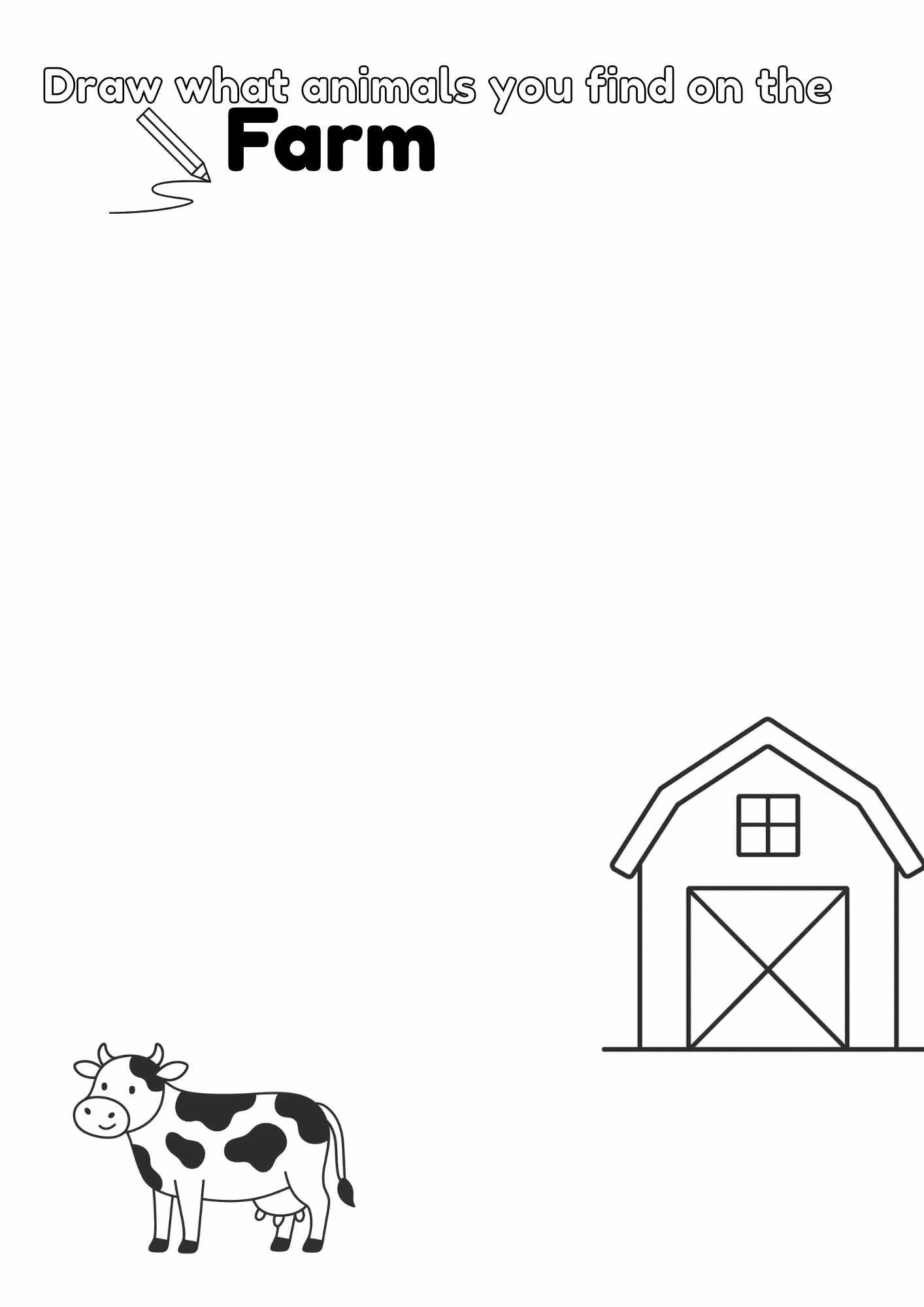
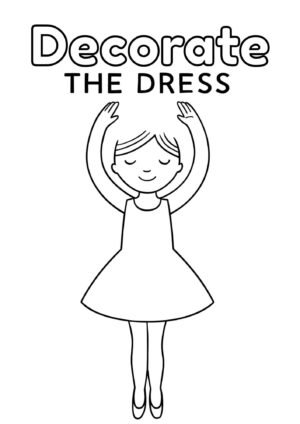
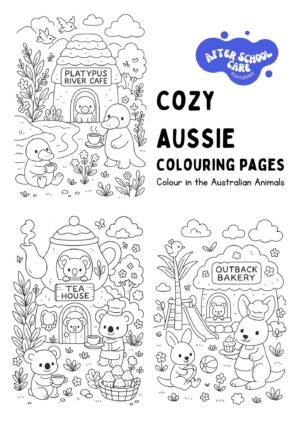
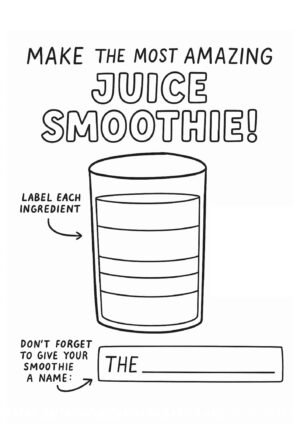
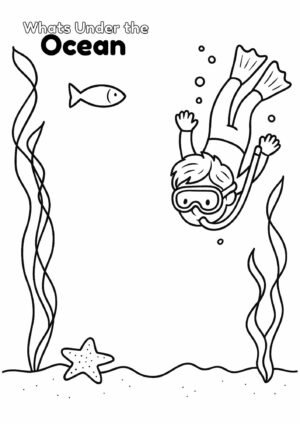
Reviews
There are no reviews yet.